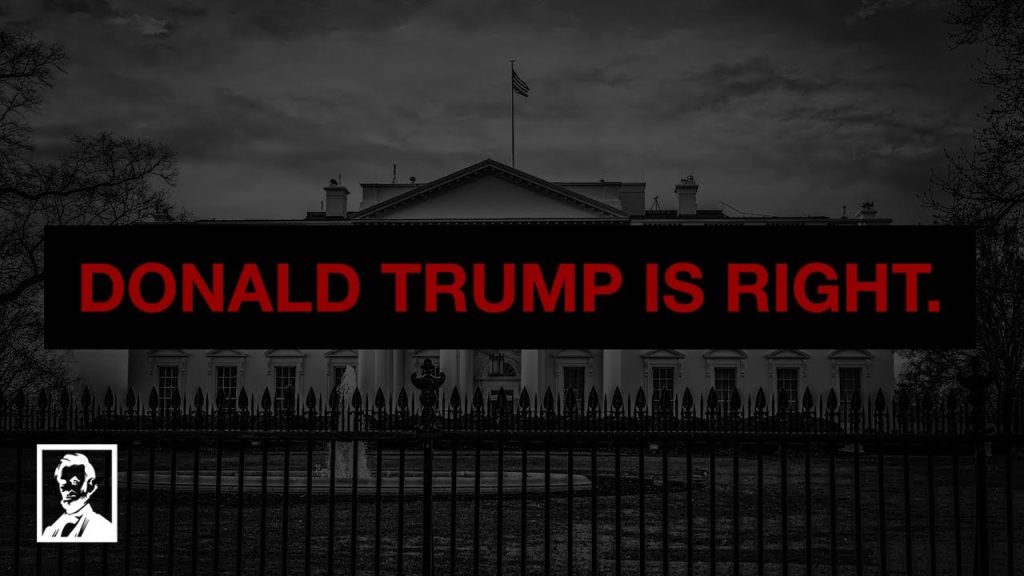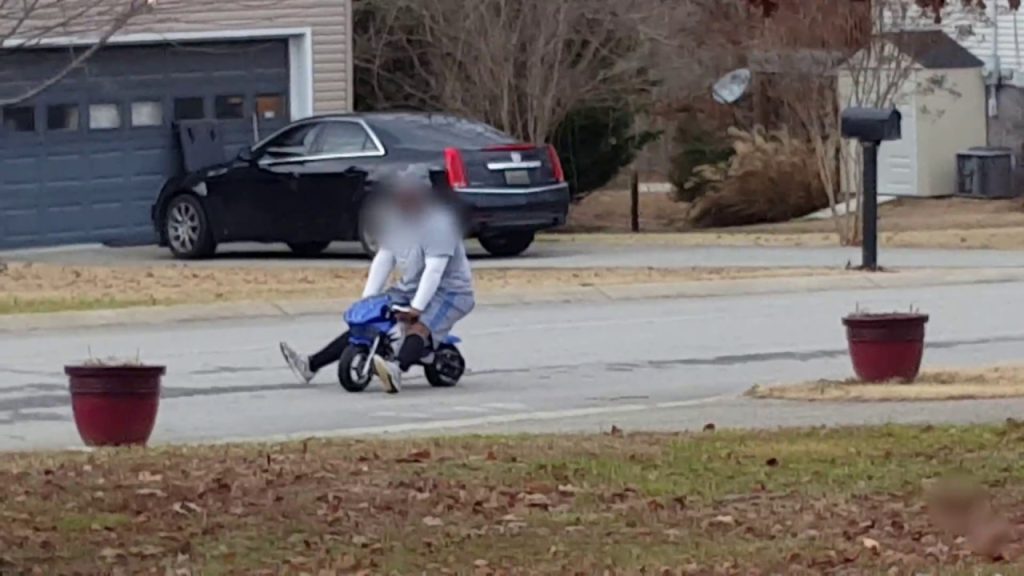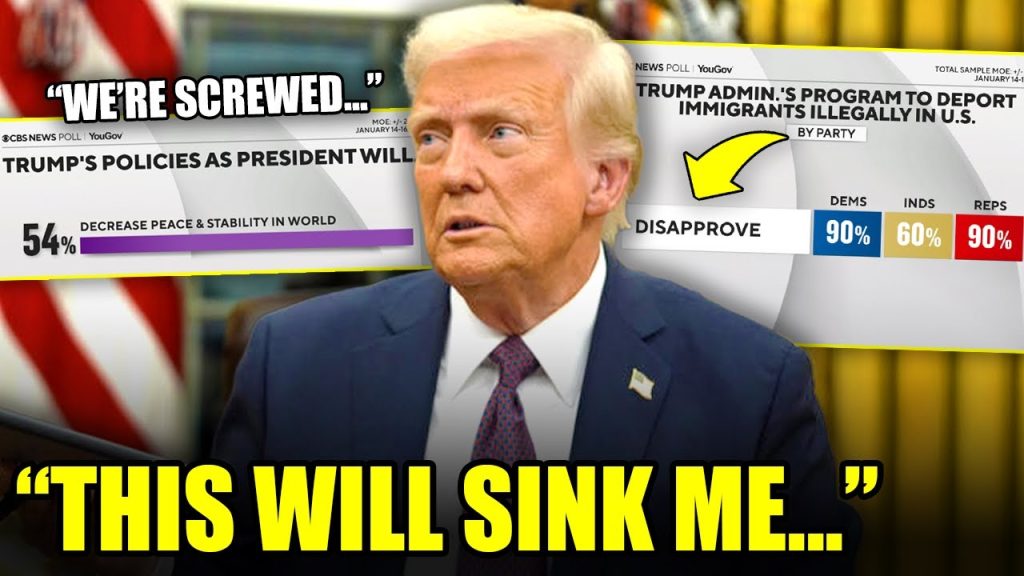In recent remarks echoing the ongoing debate around the potential U.S. government shutdown, former President Donald Trump underlined the critical role of the President in averting such an event. Trump stressed that a government shutdown would be a major black mark on the presidential legacy, emphasizing that the leader of the country must take the initiative to negotiate with Congress and lead all parties toward agreement.
Trump’s message focused on the importance of presidential leadership and the necessity for decisive action in times of political deadlock. He pointed out that the President is uniquely positioned to bring members of Congress together—regardless of party—to hammer out compromises. “You have to get everybody in a room and you have to get them to agree,” Trump said. His approach emphasized a metaphor of personal connection—encouraging leaders to literally “grab them, hug them, kiss them” to build the consensus needed to avoid a shutdown. This colloquial expression highlighted his belief that personal engagement and strong leadership are key to solving political impasses.
This perspective comes amid heightened tensions in Congress, where budget negotiations have frequently reached stalemates resulting in partial shutdowns of federal agencies in recent years. Government shutdowns generally occur when lawmakers fail to pass appropriations bills, leading to pauses in non-essential federal government operations. The consequences of such shutdowns impact millions of federal employees, contractors, and citizens reliant on government services—adding urgency to calls for resolution and cooperation.
Historically, presidents have played a pivotal role in negotiating budgets and spending bills, often stepping in to mediate among competing interests. Trump’s remarks underscore the expectation that presidential leadership is indispensable in breaking legislative gridlock. His comments reflect his broader political philosophy that strong, direct leadership can override partisan divisions and deliver tangible results.
While Trump’s style of engagement and negotiation has been both praised and criticized, his call for the President to take charge during fiscal impasses aligns with long-standing debates about executive responsibility and congressional-partisan dynamics. As the country faces ongoing budget discussions, the question remains how the current administration and Congress will navigate these challenges to avoid the economic and social disruptions caused by shutdowns.
In the coming weeks, budget discussions and negotiations will dominate headlines, with all eyes on political leaders to demonstrate the leadership necessary to keep the government funded and operational. Trump’s vocal stance serves as both a critique and a reminder of the central role of the presidency in maintaining government stability during periods of political division.
Where to Learn More
- NPR Government Budget Section – In-depth coverage of federal budget negotiations and shutdowns
- Politico on Government Shutdowns – Expert analyses and real-time updates on spending negotiations
- Brookings Institution Federal Budget Research – Research and policy recommendations on U.S. budget and governance
- The Hill: Shutdown Threats and Congressional Action – Coverage of current legislative efforts and political commentary
- C-SPAN Government Shutdown Archives – Access to public hearings and statements from policymakers




